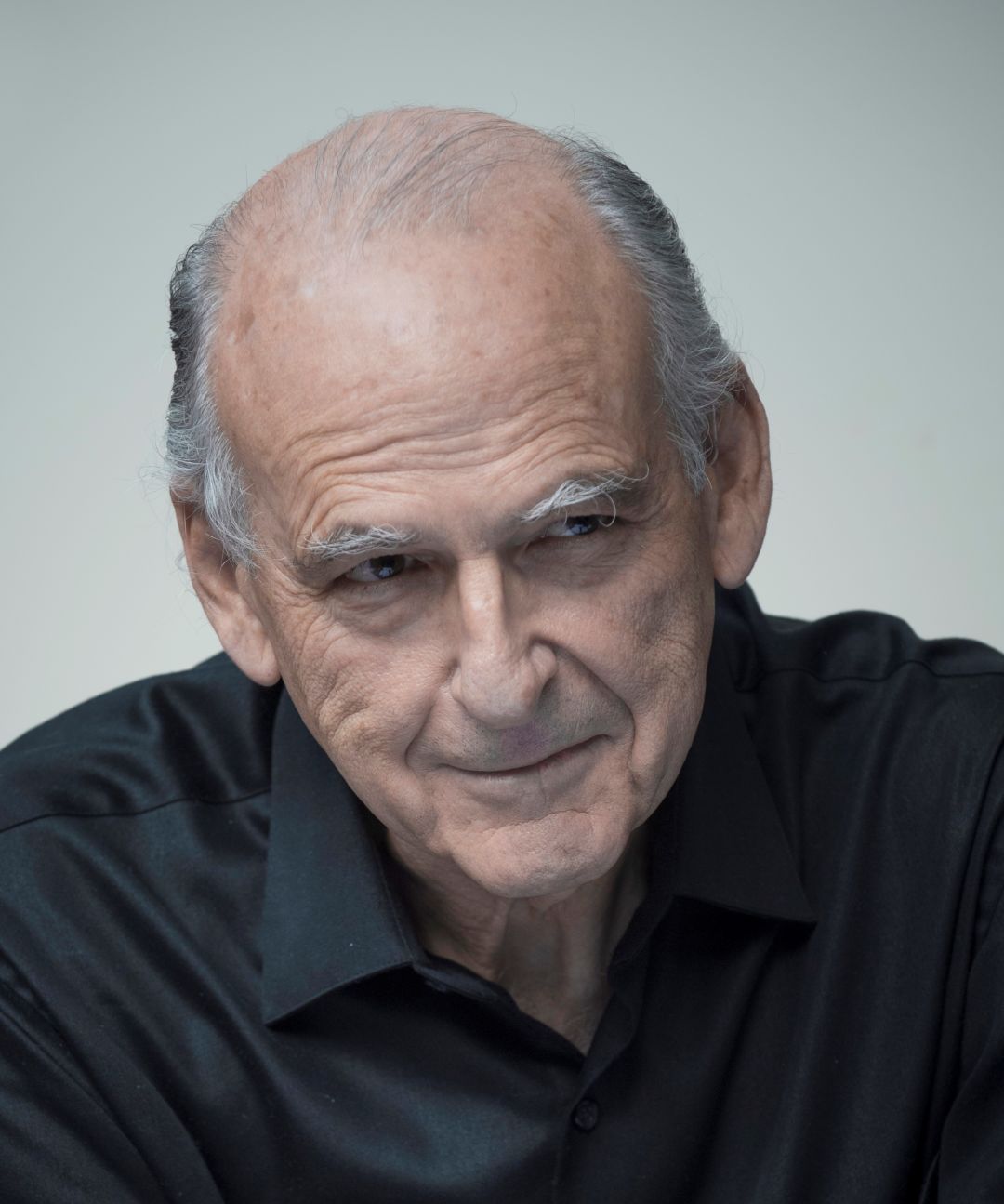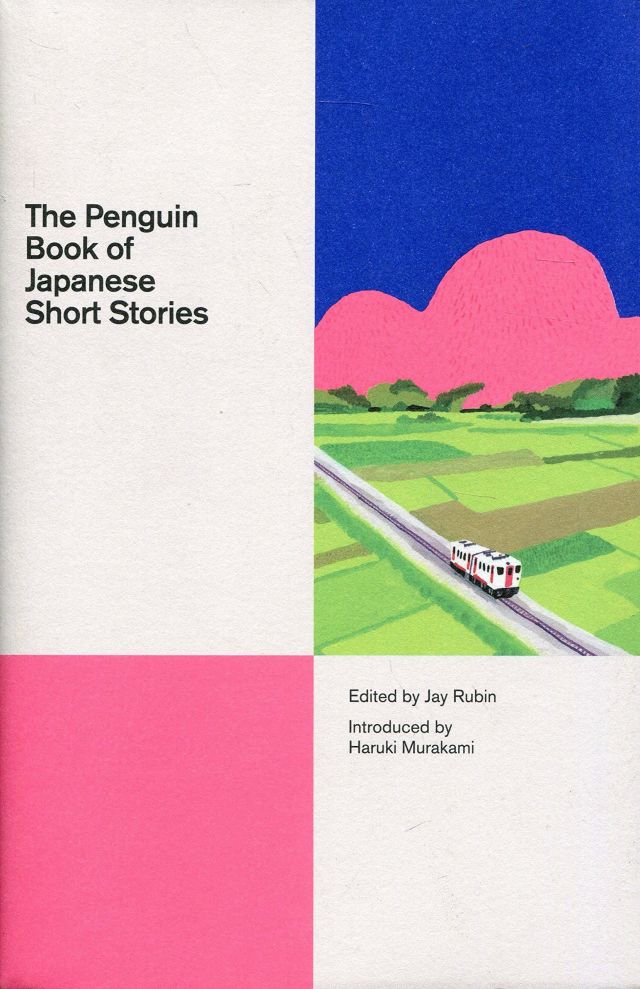Meet Jay Rubin, the Translator Who Helped Introduce Haruki Murakami to America

"Turning this utterly different literature into a form that people here can appreciate is a fascination that has never gone away," says translator Jay Rubin
Image: Courtesy Jay Rubin
If you've read any of popular Japanese author Haruki Murakami's fiction, you've likely read the work of Jay Rubin. Since the 1990s, Rubin has translated some of Murakami's most celebrated works, including the novels The Wind-Up Bird Chronicle, Norwegian Wood and 1Q84, and the short story collections After the Quake and Blind Willow, Sleeping Woman.
But Rubin is much more than Murakami's translator, evidenced by a new anthology of Japanese short fiction edited and sometimes translated by Rubin and published by Penguin Classics in September. The Penguin Book of Japanese Short Stories is a collection of 34 stories and excerpts of varying lengths from a wide range of mostly 20th-century Japanese writers. Murakami is included, of course, as are some other names that are somewhat well known to English readers, such as Yukio Mishima.
Rubin will discuss the new anthology and the rest of his career and sign books at Bookstore 1, 12 S. Palm Ave., Sarasota, at 2 p.m. on Sunday, Dec. 9. We recently spoke with him over the phone about what inspired the new anthology, what drew him to the Japanese language and why Americans don't read much foreign literature. The interview has been condensed and edited for clarity.

The Penguin Book of Japanese Short Stories, edited by Jay Rubin
Image: Penguin Classics
How did the idea for the new anthology come about?
I've been working with Penguin for several years and I've really enjoyed working with an editor there, Simon Winder. He asked me if I would like to put together an anthology of modern stories. I thought it would be a great opportunity to get to know some of the writers I hadn't been keeping up with. I've been working on Murakami so much over the last 20 years or so, and I looked at this as a chance to read some other contemporary writers.
How did you decide what to include?
I decided that rather than present this as a history of modern Japanese literature in miniature, I wanted to provide stories that had been important to me, that I found moving or gripping. I wanted them to be a good read more than anything else. I sent out a lot of emails to translators and said, "Give me your best story," or, "Tell me a story you can't forget." I wanted things that stuck in people's brains, even if they wished they could forget them.
Instead of just putting them in chronological order and having no particular ties from one story to the next, I wanted it to be more like a Blockbuster store, where you find the comedies in one area and the mysteries in another. A lot of these kinds of books are put together with the assumption that they'll be used in college courses and the students will be learning the history of the particular literature. I just thought that for general readers, there's not much need to arrange things chronologically. They can be very random that way, and I was much more pleased with the way it turned out.
What made you begin learning Japanese?
I just stumbled into a course. I was at the University of Chicago and I had a hole in my schedule. I was going to start majoring in philosophy the following year and I said, "Why don't I do something non-Western, just for the hell of it?" I sampled a course on Japanese literature and I was so fascinated by it I changed gears completely. The following year, I started studying the language and the history.
Eventually, I gave translating a try and just loved the process. Turning this utterly different literature into a form that people here can appreciate is a fascination that has never gone away. There is nothing in the two languages that works the same way.
Do Japanese readers read much translated fiction?
Much more than we do. Americans are disappointingly uninterested in translated literature. We don't have the openness to foreign literature that the English do or certainly the Japanese. The Japanese have an enormous inflow of foreign literature. There are no writers in Japan who aren't very well read in European and American literature, Murakami especially. In Japan, he's very well known for his knowledge of American literature. He could have made a career out of his translations. He's done so many different books—The Great Gatsby, Paul Auster, Raymond Carver.
Why has Murakami become so well read in the U.S.?
He is really special. No Japanese writer has caught on like he has. For a long time, when I was working on him, he was a niche author, but particularly after The Wind-Up Bird Chronicle, he started to get noticed as a writer who has an awful lot to say about Japanese history.



